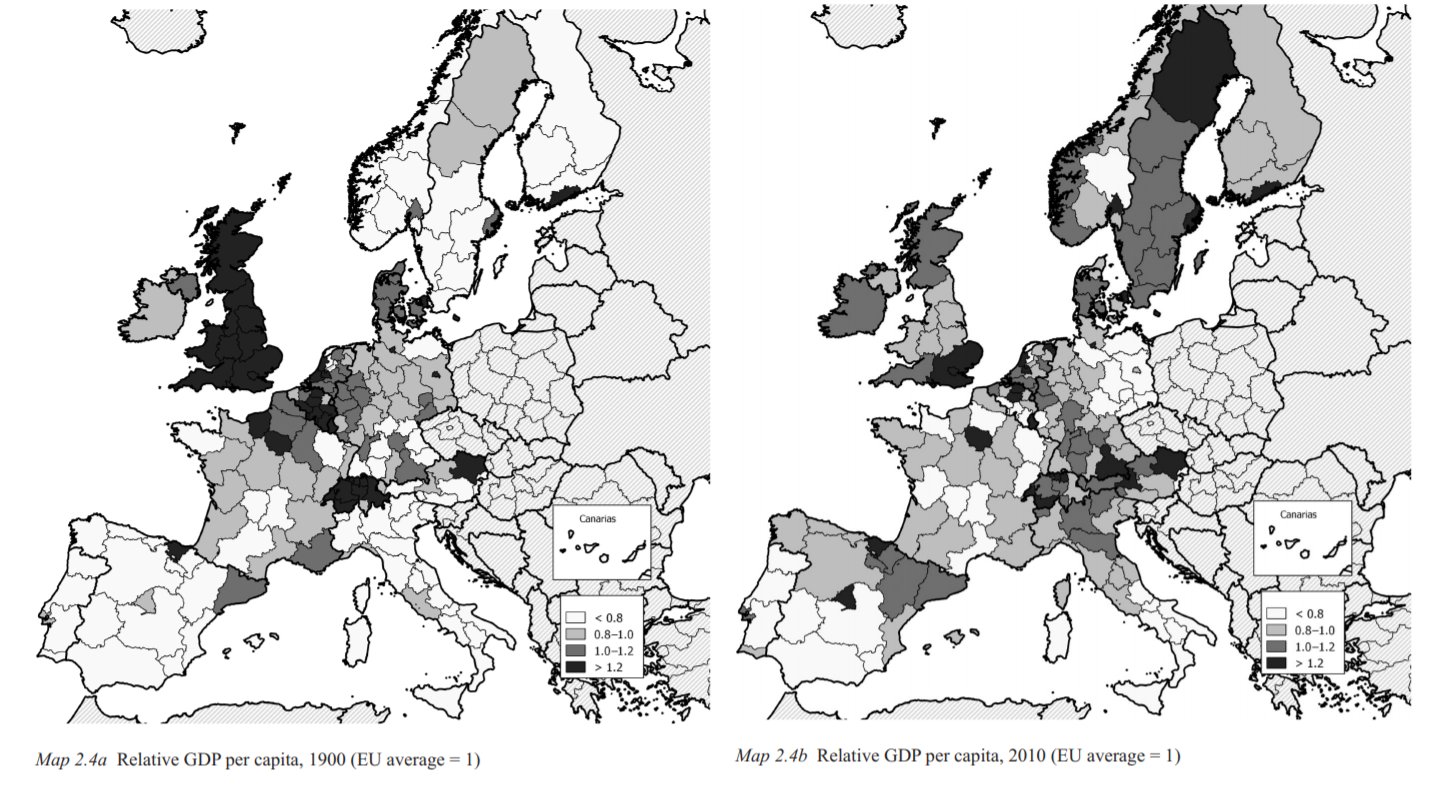Yes, Plan to Write a Memoir

We, the living, have won the history jackpot. As centuries go, the 20th century ranks as exceptional, a hard to fathom whirlwind. (The apocalyptic way Stalin and Hitler mass-murdered side-by-side.) But as the 20th century came to a close, the 1990s seemed too comfortable, like a pair of beige Keds worn with khaki pants, and an over-sized navy Gap sweater. As Chuck Palahniuk wrote in the nineties-defining novel Fight Club, “We’re the middle children of history, man. No purpose or place. We have no Great War. No Great Depression.” Not anymore. One day, future historians will obsess over us.
Obvious to everyone, we’re at a major turning point in the world right now. Global economic crisis. Irrefutable signs of global warming. America hasn’t been this divided since the Civil War. We’re seeing the difficult re-election campaign of the first African American president. Technology continues to disrupt and evolve industries. Steve Jobs, who passed away almost a year ago, left behind a legacy of evening out the playing field for independent artists—a massive boon for culture. (Technology may even replace journalists.) And there’s been a wave of gun violence across America. As always, science is supplying the much-needed optimism with the Mars rover landing and the discovery of the Higgs Boson. At the turn of the 21st century, Tyler Durden of Fight Club should have his fill of “historical adrenaline.”
So we here, standing on the edge of “something’s gotta give,” cannot take our thoughts and feelings for granted. Our voices are needed to capture this extreme time. Write a memoir. Primary sources, like memoirs, are invaluable to historians. Memoirs will not only make this time come alive for them, but they will provide crucial microscopes. Historians want to know, how did this person, living in this corner of the world, think, feel, get by or thrive.
Writing a memoir isn’t reserved for the Churchills of the world; it is an invaluable gift to one’s family. Jerry Waxler, of the Memory Writers Network, explains:
“When I was a child, the prevailing opinion seemed to be that it wasn’t appropriate for adults to tell about their early lives. However, according to research by child-psychiatrist Daniel Siegel, parents who don’t tell their stories contribute to their children’s limited understanding of their role in the world. It certainly appears to have been the case for me. The way my parents and grandparents presented themselves, it felt like they dropped from the sky.”
Jerry and I connected over my grandfather’s Soviet memoir, which my grandfather Olexji wrote shortly before he passed away. His memoir has led me on an adventure through the Ukraine and Russia, to the offices of Oscar Award-winning producers, to a road trip through Wales, to giving talks in museums in Chicago and New York, and to meeting fascinating people I wouldn’t have met otherwise. While my grandfather wasn’t a writer by training, he wrote down the most compelling memories of his life which created vivid scenes for the reader. His stories of being a political prisoner tortured by the KGB in Ukraine bend time and space and make me feel as though I’m there, in his calming prayers to God from a hellish prison. My life would have been completely different without his memoir.
Looking back on our lives, we often see the experiences that, at the time, fell below our expectations were some of the most enriching and full of opportunity. It is one of those painful lessons of maturity to realize this, and to learn to appreciate the journey. Similarly, one should never take for granted that writing a memoir could change and enhance the lives of others in unimaginable ways.





